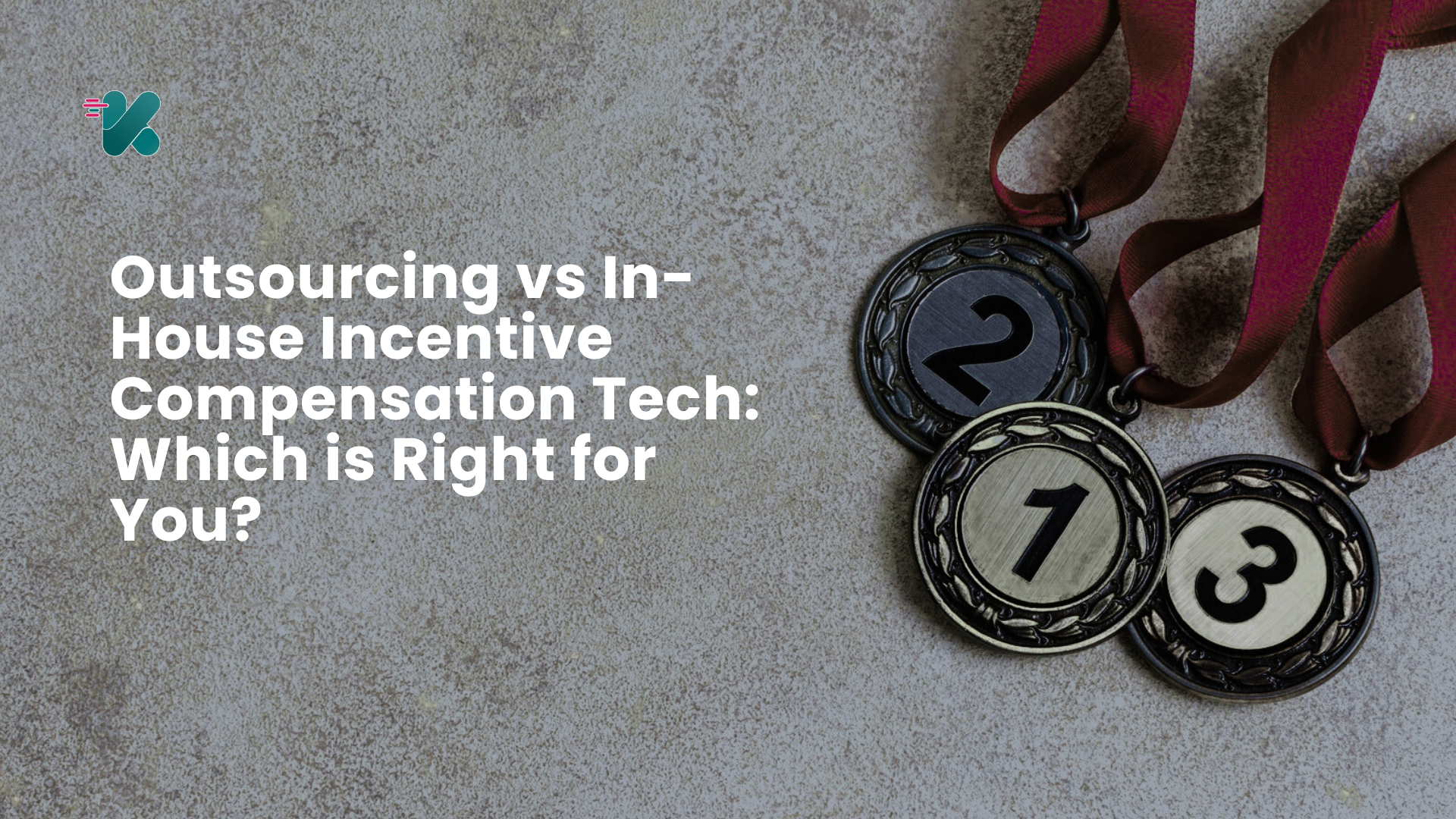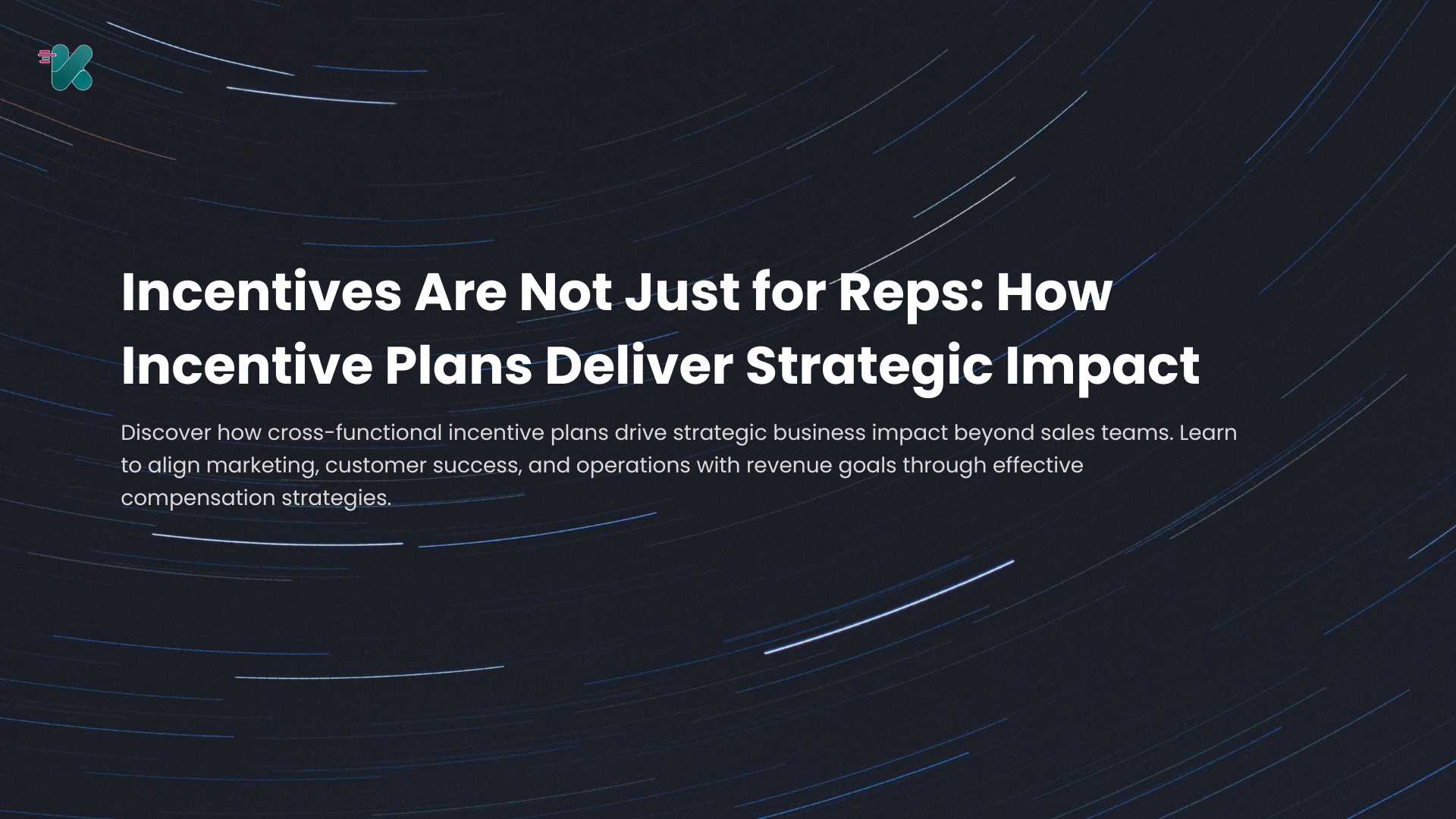90X
faster calculations of sales Incentives
200+
hours saved by admin teams every month
80%
reduction in incentive-related queries
Experience the freedom to customize and optimize your incentive structures, ensuring they align seamlessly with your business objectives.

faster calculations of sales Incentives
hours saved by admin teams every month
reduction in incentive-related queries
Kennect transforms the way you handle incentives, offering a seamless, automated solution that streamlines your process end-to-end.

Kennect provides real-time access to your data. Integrate smoothly with your existing CRM, ERP, HRIS, and other data systems.
Ensures that your data is always updated, accurate, and easily accessible

With Kennect, complex data processing is a thing of the past.
Import vast data sets. Clean and adjust data. Merge various sources effortlessly. A user-friendly, no-code interface.

Kennect serves as the definitive source for all your data, including employee details, quotas, and rates.
Our system streamlines data validation and updates. Making plan management more efficient and less prone to error.

Stay agile with Kennect’s intuitive platform.
Quickly modify compensation plans to align with your evolving business needs. Ensure your strategies are always current and competitive.

Modify your compensation plans with ease using our spreadsheet-like interface, built upon our robust, cloud-based infrastructure. Kennect offers the ideal blend of flexibility, user-friendliness, and scalability.

Break free from the constraints of standard templates. Kennect’s versatile platform lets you construct the ideal incentive plans for your business, utilizing our sophisticated logic-based modeling.

Our cutting-edge calculation engine delivers real-time results, ensuring that your team always has the most updated commission information for efficient auditing, analysis, and transparency.

Kennect cuts through the complexity of daily administration, offering streamlined, automated workflows for all your incentive management needs

Keep your processes flowing smoothly with automated, multi-level approvals and notifications. Resolve disputes quickly and maintain a comprehensive audit trail of all adjustments.

Automatically generate, distribute, and track compensation plan documents. Reduce errors, disputes, and risks associated with manual document management.

Automate the management of your sales roster throughout the lifecycle of your reps, from onboarding to departures and internal movements, reducing manual overhead and mitigating risks.
.webp)
Kennect eases the burden of compliance, equipped with tools designed in collaboration with accounting experts

Easily comply with ASC 340/606, IFRS 15, and other accounting standards. Kennect allows you to model complex amortization schedules and perform detailed waterfall calculations, saving time and reducing complexity.

Maintain compliance with detailed, exportable audit logs that record every action within Kennect, ensuring transparency and accountability.

With role-based access controls, Kennect ensures that sensitive commission data is accessed only by authorized personnel, providing peace of mind and security in your compensation calculations.

Stay agile with Kennect’s intuitive platform. Quickly modify compensation plans to align with your evolving business needs, ensuring your strategies are always current and competitive.

Mitigate risks associated with non-compliance and potential legal issues using our ready to use reports in standard audit formats.

Secure sales processes and maintain compliance with global and region-specific regulatory, financial, and security standards.

Ensure sales and commission processes are compliant with ASC 606 and other policies

Our platform brings a wave of transformative benefits to various teams within your company.
With our robust integrations, swift go-live capability, minimal IT dependency, and secure SSO access, we are setting a new standard for operational excellence.

Transform your sales strategy with Kennect’s AI-powered Nudges. Timely insights, personalized nudges, and seamless integration across platforms to empower your sales team and exceed their targets
.webp)
Kennect ensures that your query lifecycle is managed seamlessly on a single platform, with complete audit trails for accountability. Move away from the chaos of endless email chains. Choose a structured and process-oriented system where every query finds its resolution swiftly and efficiently.
.webp)
Our ELT and Calculation Engine is designed to handle millions of calculations in minutes. With Kennect, complex plan creation becomes straightforward, and adjustments and plan changes are seamless.
All without a single line of code.
.webp)
Dive into our collection of resources and blogs. Stay up-to-date with industry insights.


